Top 10 most nutritious vegetables in the world
Nutritious Vegetables should an essential part of our diet. There is no other group of food that is as perfectly matched to our everyday nutritional needs as vegetables! So, if you are looking for some options to add greens to your menu, here are our top 10 picks for nutritious vegetables.
Nutritious Vegetable Number 1: Kale
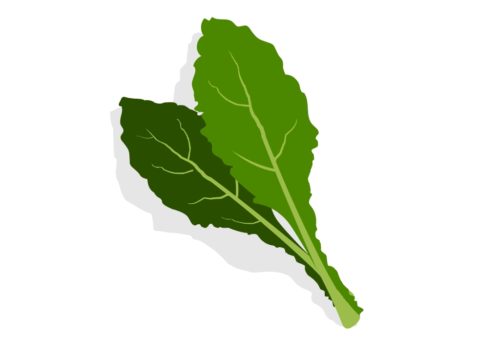
Kale is a hardy, leafy vegetable of the species Brassica oleracea. It is one of the most nutritious leaf cabbage that has green or purple leaves without any flowering head. it is very high in nutrients and very low in calories, which makes it makes it one of the most nutrient-dense foods on the planet. In a hundred gram serving raw Kale provides protein and calories and contain a large amount of vitamin K several times to daily value. It is a rich source of vitamin A, vitamin C, vitamin b6, folate, and manganese. A single cup of raw kale actually contains more vitamin C than an orange. Other properties of Kale includes Thiamin, Riboflavin, Pantothenic acid, Vitamin E and several dietary minerals including iron, calcium, potassium, and phosphorus. Kale is also full of many powerful antioxidants including quercetin and kaempferol, which have numerous beneficial effects on health.

Corporate Wellness App
CircleCare
Nutritious Vegetable Number 2: Broccoli
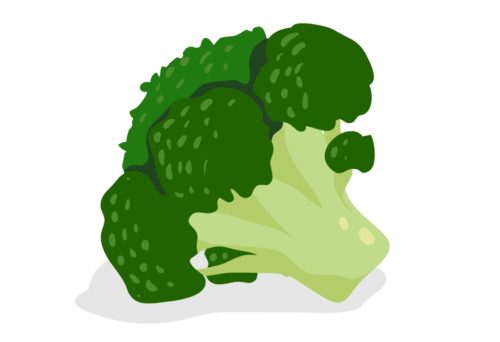
Broccoli is an edible green plant grown for its nutritious flower heads, which is eaten as a vegetable. It belongs to the cabbage family as well. In a hundred gram serving of raw broccoli provides 24 calories and is an excellent source of vitamin C and vitamin K. Raw broccoli also contains moderate amounts of several B vitamins and the dietary mineral manganese, whereas other essential nutrients are in low content. Broccoli is packed with soluble fiber that draws cholesterol out of your body. Broccoli has a low content of carbohydrates protein fat and dietary fiber. Studies suggest that broccoli is extremely beneficial for fighting breast and uterus cancer. High levels of both calcium and vitamin K make broccoli important for bone health and prevention of osteoporosis as well.
Nutritious Vegetable Number 3: Spinach
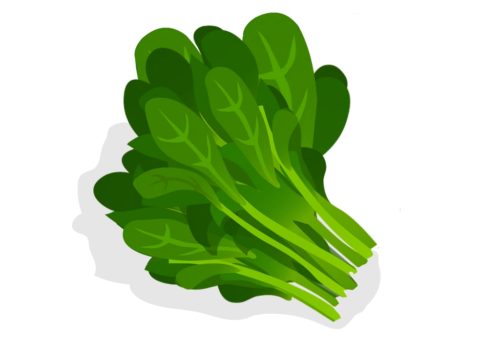
The Spinach is an edible green vegetable, well known for its excellent taste and high nutritional value especially when fresh, frozen, steamed or quickly boiled. it is a rich source of vitamin A, vitamin C, vitamin K, magnesium, manganese, iron and, folate. Spinach is also a good source of the B vitamins, riboflavin and vitamin b6, vitamin E, calcium, potassium, and dietary fiber. The possible health benefits of consuming spinach include improving blood glucose control in people with diabetes, lowering the risk of cancer, reducing blood pressure level, improving bone health, lowering the risk factors of asthma and more. For maintaining bone health and it is difficult to find vegetables rich in vitamin K than spinach. Spinach is a great source of beta-carotene, lutein, and xanthine, all of which are beneficial for eyesight. Several other components of spinach like potassium, folate, and various antioxidants are known to work as amazing brain food and benefit mentally and psychologically to people who regularly consume it.
Nutritious Vegetable Number 4: Beet Green
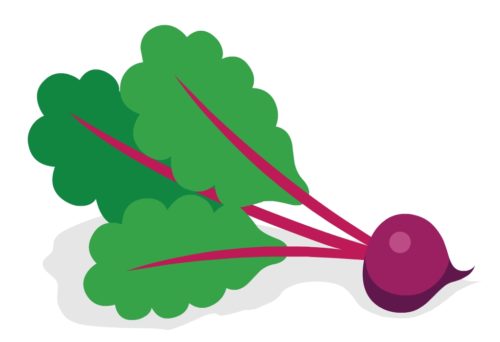
Beet Greens are in leafy tops of the beetroot plant. Beets have plenty of fiber, carotenoids, and antioxidants which are considered to be Anti-aging properties. These leafy tops are an excellent source of vitamin K, vitamin A, vitamin C, vitamin b1, b2, and B6. They are also a very good source of calcium, iron, zinc, copper, potassium, manganese, pantothenic acid and folate. High-quality nutrition ingredients in the beet greens offer protection from vitamin A deficiency, osteoporosis, iron deficiency, anemia and believed to protect from cardiovascular diseases and possibly colon and leukemia concerns. The nutritional fiber found in beet green is essential for your digestive health and additionally lowers your cholesterol, controls blood sugar, and helps you hold a healthy weight.
Nutritious Vegetable Number 5: Watercress
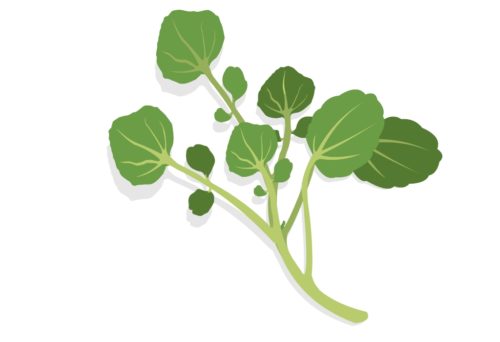
Watercress is an aquatic mineral-rich green leafy vegetable that works as a high preventive medicine when eaten daily. It is found in abundance alongside slow running waterways and nearby natural springs. It has a higher concentration of vitamin C than some of the fruits and vegetables. Cress is also an excellent source of vitamin A, vitamin K, and flavonoids, antioxidants like beta-carotene, lutein, and zeaxanthin. It is also rich in B complex group of vitamins such as riboflavin, niacin, vitamin b6, thiamin and pantothenic acid that are essential for optimum cellular metabolic functions. Watercress has such effective cancer preventive phytonutrient that even eating a single salad shows an increase in molecules that can prevent breast cancer. Other health benefits of watercress include improved functioning of the thyroid gland, cardiovascular health, bone health and minimizes the risk of stroke.
Nutritious Vegetable Number 6: Chard
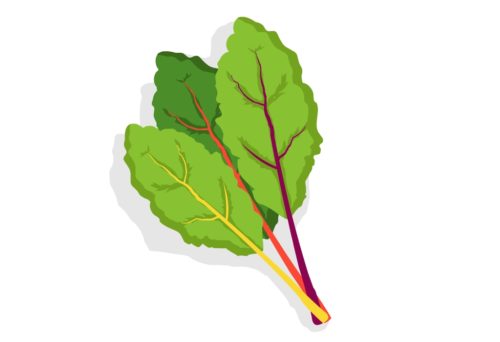
Chard or swiss chard is a leafy green vegetable in the same family as beets and spinach. Their leaves are an excellent source of antioxidant vitamin and vitamin C. Its fresh leaves can provide about 10 percent of iron recommended for you on every 100-gram serving. As a powerful water-soluble antioxidant, vitamin C helps remove free radicals and reactive oxygen species from the human body through its reduction potential properties. It is also the source of minerals like copper, calcium, sodium, potassium, iron, manganese and phosphorus. A high presence of calcium and vitamin K are key nutrients in maintaining a strong bone health.
Nutritious Vegetable Number 7: Asparagus

Asparagus is a very good source of dietary fiber, folate, vitamins A, C, E and K and very low in sodium. Vitamin E found in Asparagus helps strengthen your immune system and protects cells from the harmful effects of free radicals. A trace mineral called chromium which enhances the ability of insulin to transport glucose from the bloodstream into cells also found in it. Asparagus is low in fat and calories (20 calories/100 gram serving), also contains lots of soluble and insoluble fiber, making it a good choice if you’re trying to lose weight. it also contains high levels of the amino acid asparagine, making it a natural diuretic that helps in flushing excess fluid and salt from your body which may help prevent urinary tract infections.
Nutritious Vegetable Number 8: Parsley
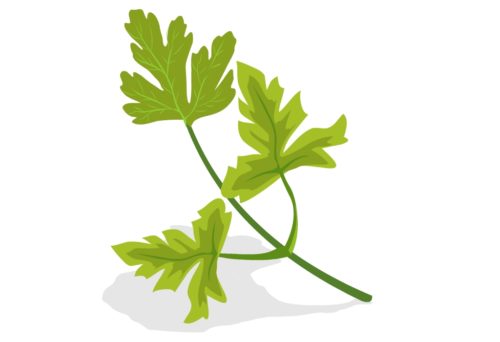
A popular culinary with lots of powerful health benefits such as controlling cancer, managing diabetes, rheumatoid arthritis and prevent osteoporosis. Parsley is a medicinal herb, recognized as one of the functional food for its unique antioxidants and disease preventing properties. It is rich in poly-phenolic flavonoid antioxidants including alpine apigenin, chrysoeriol, luteolin, and has been rated as one of the plant sources with quality antioxidant activities that protect the cells from free radical damage. The herb is also rich in many antioxidant vitamins including vitamin A, beta-carotene, vitamin C, vitamin E, zeaxanthin lutein, and cryptoxanthin. The diuretic properties of parsley help treat bloating, edema, or water retention. Since its a nutrient-dense herb, low in calories and boost metabolism, it also helps with weight loss.
Nutritious Vegetable Number 9: Carrots

Most of the benefits of carrots can be attributed to their carotenoids such as beta-carotene and lutein and fiber content. Other than that carrots are a good source of several vitamins and minerals especially vitamin A, biotin, vitamin K, potassium and vitamin B6. It provides only 41 calories per 100 gram of serving, a negligible amount of fat and no cholesterol. Regular consumption of carrots reduces cholesterol levels which help prevent heart diseases. Carrot consumption has been linked with reduced risk of cancer due to the presence of beta-carotene and improved eye health by eliminating the vitamin A deficiency.
Nutritious Vegetable Number 10: Tomatoes
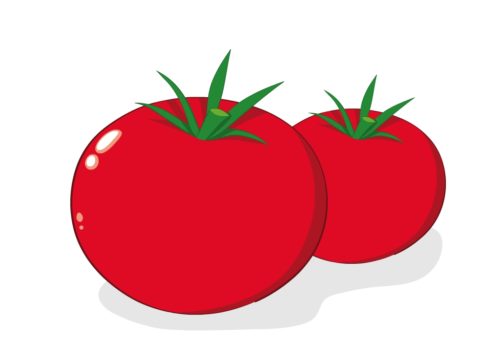
Tomatoes contain a high level of lycopene which is a natural antioxidant that works effectively to slow the growth of cancer cells. This edible fruit/berry/vegetable contains a good amount of vitamin C (40% of daily need), vitamin A and vitamin K. The vitamin A in tomatoes works perfectly to keep your hair shiny and strong. In addition, it also does wonders for your eyes, skin, bones, and teeth. The vitamin K is important for blood circulation and bone health. Tomatoes are also rich in potassium, a mineral beneficial for blood pressure control and cardiovascular disease prevention.
Thanks for reading this article. If you want to receive more health and wellness tips like this don’t forget to subscribe to our blog or download CircleCare App!

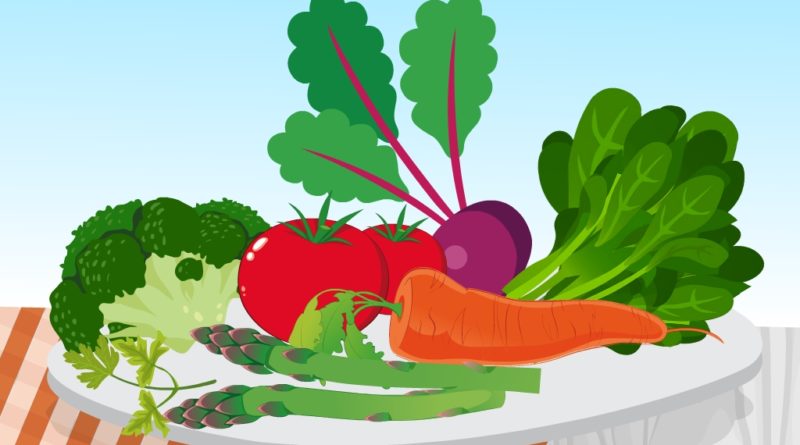

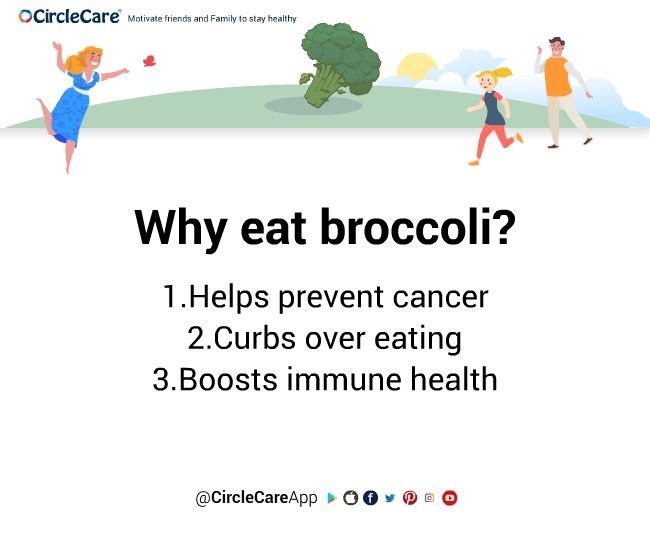

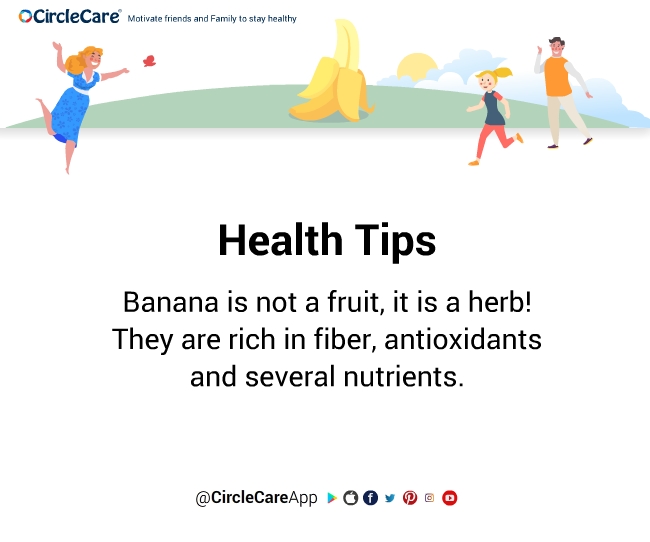
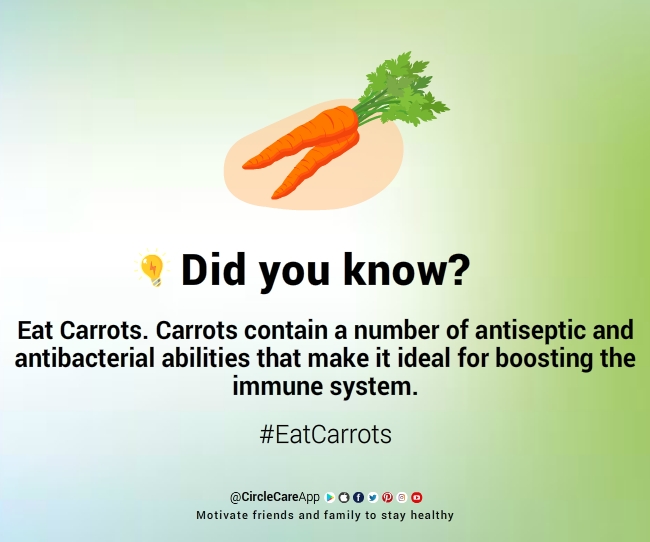


Pingback:Foods to avoid with diabetes and their healthy alternatives
Pingback:DASH Diet Plan (Dietary Approaches to Stop Hypertension) | CircleCare
Pingback:Carrots – The Healthiest Vegetables on Earth – GetHuge